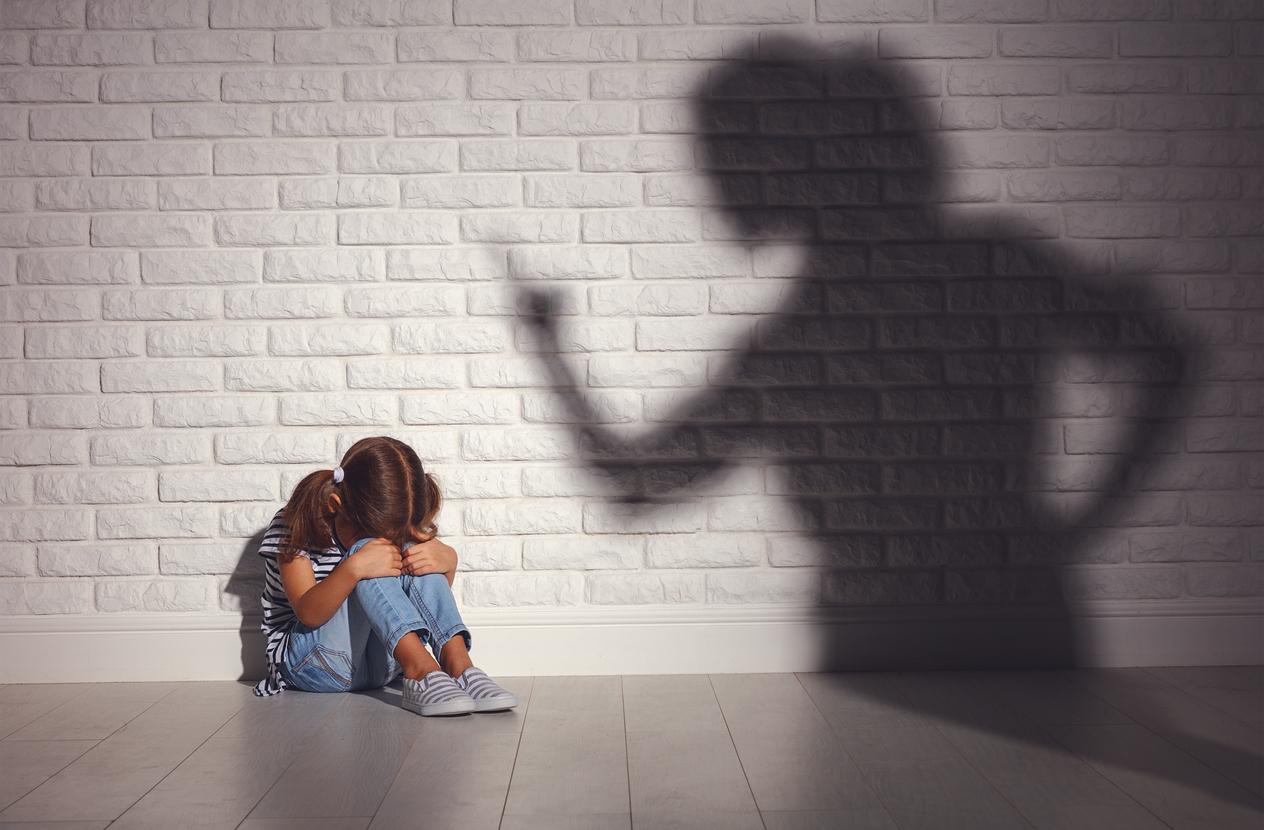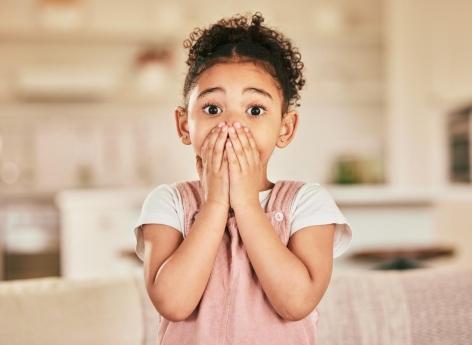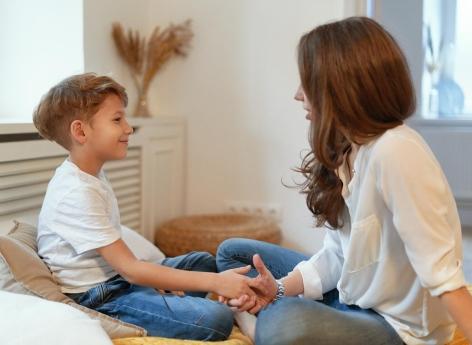A new study highlights the importance of considering verbal abuse of children – such as yelling and screaming – as a distinct form of child maltreatment.

- Child abuse refers to violence and neglect of anyone under the age of 18. This may include physical and/or emotional abuse, sexual abuse, negligent treatment or even commercial exploitation. Maltreatment affects a child’s development, well-being and health.
- Scientists believe that verbal violence towards a child, such as shouting, screaming, denigration or even threats, is considered abuse.
- They discovered that verbal abuse has serious repercussions on the health and well-being of children throughout their lives.
Child abuse is a serious problem that can take many forms, from physical abuse to neglect. However, a new systematic review, carried out by researchers fromUniversity College London and University Wingatehighlights the importance of considering verbal abuse of children as a distinct form of violence.
The study which has just been published in child Abuse & Neglect : The International Journal, shows that shouting and screaming by adults can have a significant impact on the well-being and development of young people.
Verbal violence: parents are the main perpetrators
In their study, researchers defined verbal abuse as words that can harm a child’s well-being, such as belittling, yelling, screaming, and threatening language. They reviewed a total of 149 quantitative and 17 qualitative studies to assess the effects of this type of abuse on children.
First observation: the main perpetrators were the parents (76.5%)other adults in the home (2.4%) and teachers (12.71%). Coaches and the police were also cited, but more weakly (0.6% both).
Another particularly worrying fact: results showed that yelling or screaming at a small can have lasting emotional and psychological consequences throughout one’s life. Children subjected to oral abuse had increased risks for several disorders such as poor anger management, depression, substance abuse, self-harm and obesity.
Verbal violence should be considered child abuse
Faced with the data they have highlighted, researchers are calling for verbal violence to be integrated into child abuse. The main author, professor Shanta Dube (Wingate UniversityUNITED STATES)explains in a communicated : “Verbal abuse in children desperately needs to be recognized as a subtype of abuse, due to the negative lifelong consequences. We have seen tremendous progress in increased awareness and interventions targeting perpetrators of physical and sexual abuse leading to the reduction of these forms of mistreatment. If we focus on ‘verbal abuse’ by perpetrators rather than just ’emotional abuse’, we can develop similar actions to prevent verbal abuse of children and its consequences.”
If yelling and screaming were the most documented forms of oral abuse in the studies reviewed, the team believes that the definition of verbal abuse should take into account not only the words used, but also the intention, the way of saying it and the immediate impact on children.
Jessica Bondyfounder of words matterthe charity which commissioned the research, added: “It is essential to understand the true scale and impact of verbal abuse among children. All adults get upset sometimes and say things unintentionally. We must work collectively to find ways to recognize these actions and end verbal abuse of children so they can thrive.”. She concludes: “Words have weight, they can uplift or destroy. Let’s build children up, not knock them down.”















